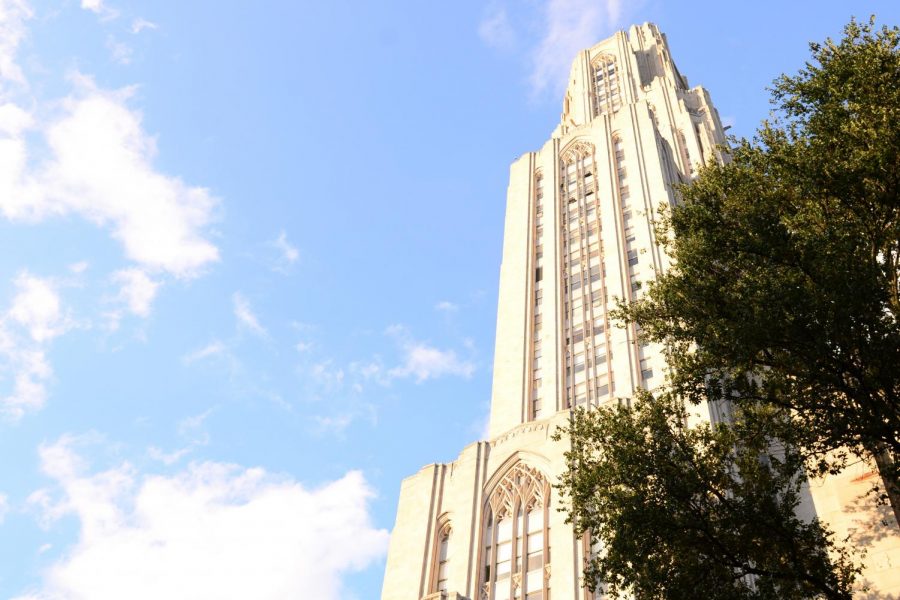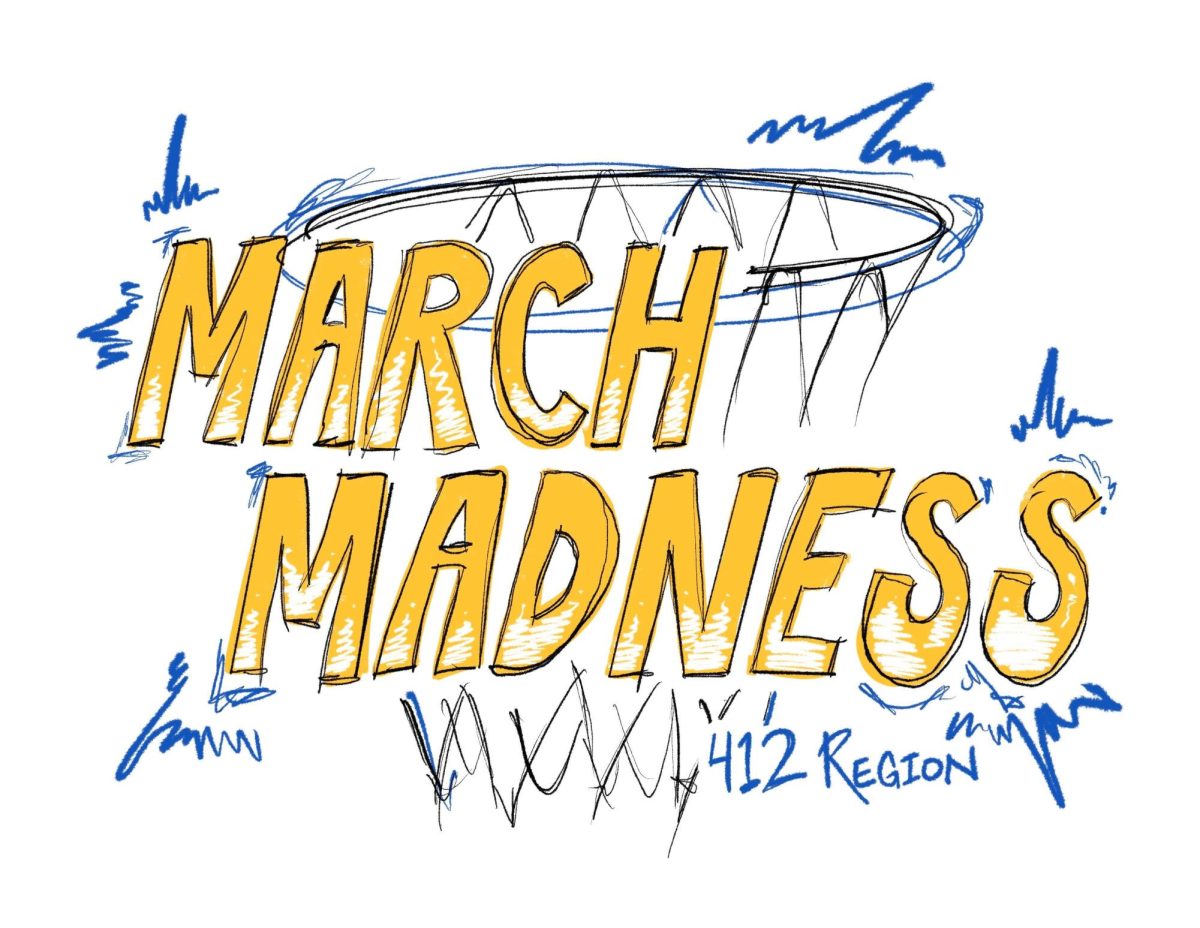Editorial | Pitt needs to start paying taxes
The Cathedral of Learning.
September 2, 2022
Our newsroom recently reported that emergency services were dispatched to the Litchfield Towers more than 146 times between May 2021 and April 2022. Despite this massive use of emergency resources from the City of Pittsburgh, Pitt is a tax-exempt organization, meaning that the $363,000 that would have been paid to taxes from Towers was not paid since Pitt has nonprofit status. More than 90% of university buildings are tax exempt, meaning that the city is missing out on $52.3 million each year from the University.
The University of Pittsburgh is one of the largest employers in Pittsburgh. It has thousands of students who live in the city and therefore benefit from the services provided through taxation. However, it does not contribute to these taxes. This is not how it should be. The amount of services used by the University should equate to how much it contributes back, just like every other organization in this city.
The city could use this money from the University. The municipal services in Pittsburgh have had to have tighter budgets, relying heavily on federal relief as well while Pitt reaps the benefits. The University of Pittsburgh has a $2.6 billion budget for 2022 — shouldn’t some of that money go to bettering the city in which it is located and on which it relies so heavily? Though Pitt spends a hefty sum of its budget to support the needs and education of its students, the University’s presence in the city should require it to support the needs and well-being of the city as well.
These emergency services that the city provides could use the financial help. Many have stated that their vehicles are aging and becoming less reliable. Despite this, however, there was not enough money in their budget to provide enough new vehicles. This directly affects our safety as Pittsburgh residents. If the emergency services that Pitt uses so frequently don’t have the capacity to serve us, it could create an unsafe environment. Additionally, residents who pay taxes deserve to have the proper emergency services.
Currently, the University, along with other major nonprofit organizations in the city, does pay the city somewhat through payment-in-lieu-of-taxes agreements, also called PILOTs. These agreements are weak and do not cover the large costs that the University and the other organizations rack up. It’s important that the University, because of its massive presence in Pittsburgh, contribute more to it financially. Other college cities receive more financial support from their universities through stronger PILOTs even if they are tax-exempt as well. If the University won’t pay taxes, it should at least strengthen these agreements.
This is not an issue exclusive to Pitt. Other universities in the city, such as Carnegie Mellon University and Duquesne, are also exempt from paying property taxes despite using city resources as well. Pittsburgh should be able to fund the municipal services that these universities so heavily rely on without having to put the burden on the average Pittsburgher.



